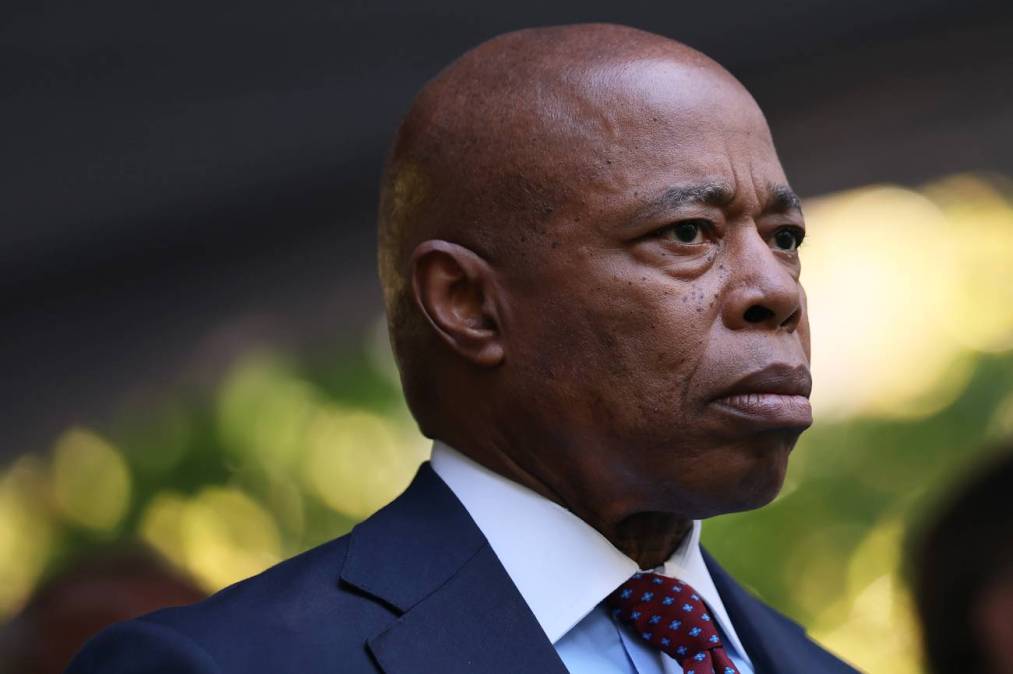NYC launches digital assets and blockchain office

New York Mayor Eric Adams on Tuesday signed an executive order creating a new Office of Digital Assets and Blockchain Technology, the latest attempt by a state or local government to capitalize on a trend being accelerated by support from Washington.
The order notes that digital assets and blockchain technology, the distributed ledgers that undergird cryptocurrencies like bitcoin, have “accelerated rapidly over the past decade, driven by increased institutional adoption, regulatory developments, and innovations in decentralized finance and tokenization.” Perhaps most notably, the passage of the GENIUS Act last July established a reliable framework for payment stablecoins, encouraging Wyoming and North Dakota to develop their own digital tokens.
To lead the new office, Adams said he will appoint Moises Rendon, who for more than a year-and-a-half has served as a digital assets and blockchain policy adviser in the city’s Office of Technology and Innovation. In his new role, Rendon continues reporting to the city’s chief technology officer, Matthew Fraser.
The new office’s main responsibility, according to the order, is to support the growth of the cryptocurrency and blockchain industry, thereby establishing New York as a “hub” for those technologies. The office is also tasked with educating the public and encouraging responsible use of digital assets.
The order’s focus on economic development aligns with the analyses of several cryptocurrency pundits interviewed by this publication. Bill Maurer, a cultural anthropologist at the University of California, Irvine who studies the technologies behind financial exchanges, has said that many digital currencies, like the one launched by Wyoming in August, aren’t useful and serve solely as signals to private industry that regulations will be favorable there.
Adams’ interest in cryptocurrency technologies is not new. In 2022, he repeatedly bragged to the press that he would take his first several paychecks in bitcoin, only to run into legal snags that forced him to instead accept an allotment of his $258,750 annual salary in U.S. dollars and then convert it into bitcoin immediately after.
Texas this year established not a digital assets office, but a statewide cryptocurrency reserve, a $10 million investment that the state legally cannot cash out, thought largely to be a marketing flare hoped to catch the attention of the fintech industry.
Several cities have tinkered with accepting cryptocurrency payments for various taxes and fees, including Detroit, which had planned to begin accepting such payments this summer. As in New York, the program was advertised largely in economic development terms. Detroit Mayor Mike Duggan said last November when the program was announced that “Detroit is building a technology-friendly environment that empowers residents and entrepreneurs.”
Colorado’s Department of Revenue has made it possible for residents to pay taxes using cryptocurrency since September 2022, but has received only a few dozen such payments, totaling less than $50,000, Colorado Newsline reported last April.






